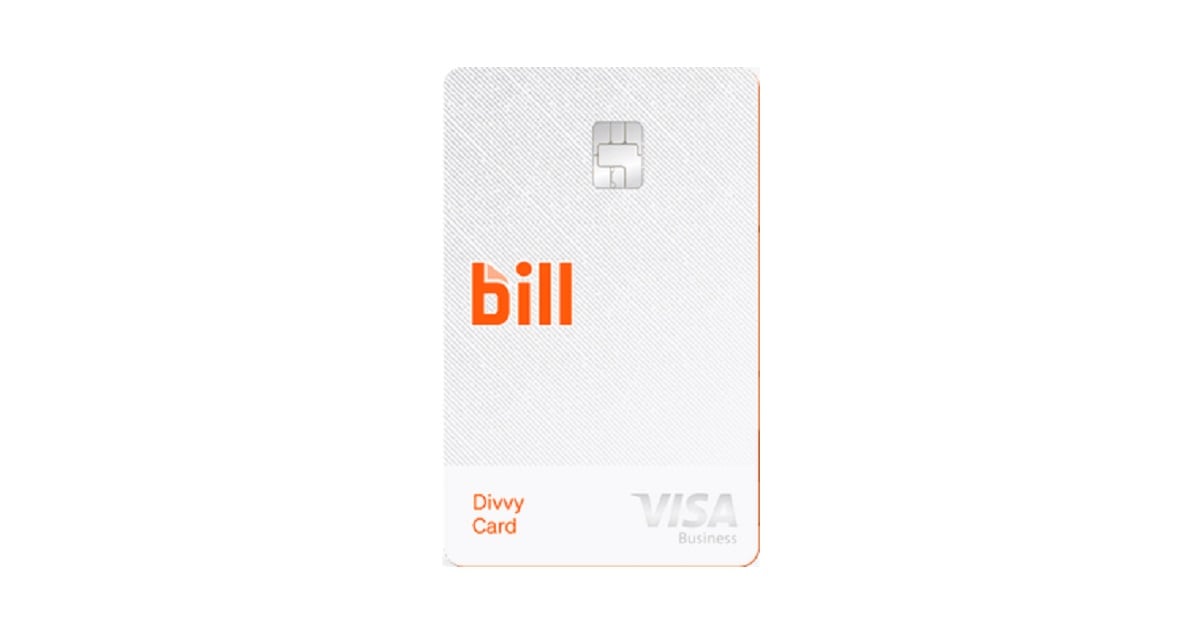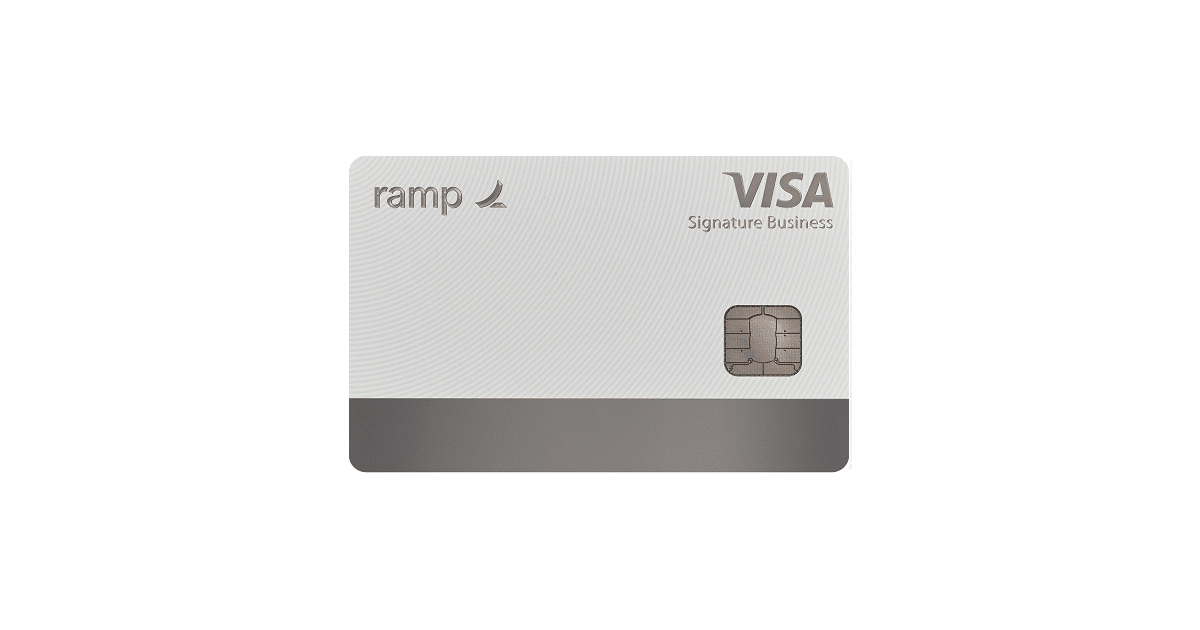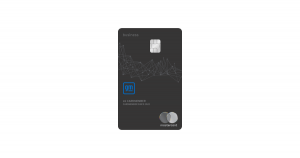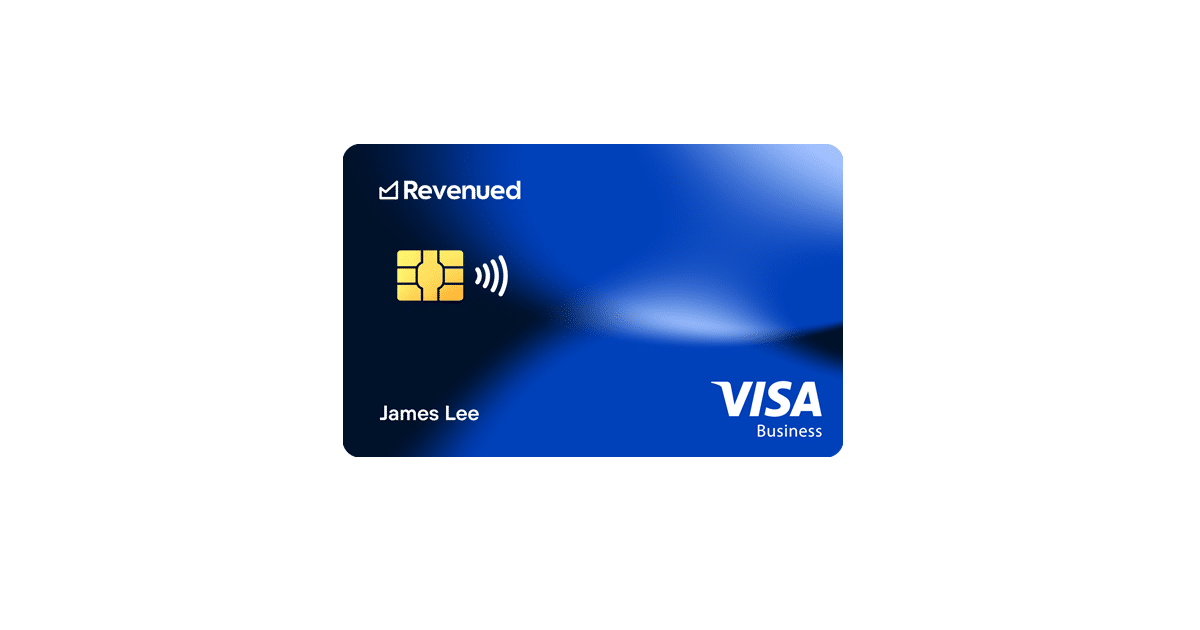Building business credit is beneficial to any business. For starters, it helps create opportunities for the company to get better connections with reputable vendors. It also helps separate your personal finances from your business finances as an entrepreneur. Here are a few steps that will get you started on your business credit journey.
Simple Actions To Build Business Credit
The Small Business Administration recommends five simple steps to begin building your business credit.
| Step 1 | Pick The Right Business Structure |
| Step 2 | Secure a Federal Tax ID Number (EIN) |
| Step 3 | Open A Business Bank Account |
| Step 4 | Find Vendors/Suppliers Who Report Credit History |
| Step 5 | Keep Track of Your Business Credit |
Pick The Right Business Structure
A business structure refers to how the company is organized concerning its legal status. A few common business structures include the following:
| Sole proprietorship | Partnerships | Limited liability company (LLC) |
| Corporation - C corp | Corporation - S corp | Corporation - B corp |
| Corporation - Nonprofit | ||
Business structures will affect your company in various ways and can influence your business taxes, legal protections, and other benefits. Once your business structure is set then you have created your business entity. Your next step should be to register your business. The registration process may vary depending on the business structure your company entity is based on. Your business’s location will also affect the registration step.
Secure a Federal Tax ID Number (EIN)
Next, after you register your business, you can apply for a federal tax ID. Attaining a tax ID is free when you use the IRS assistance tool. A federal tax ID is typically known as an EIN. It is a nine-digit number that is used for the following:
| Company tax returns | Opening a business bank account |
| Applying for licenses and permits | Applying for business credit |
The EIN is not to be confused with the Dun & Bradstreet D-U-N-S® Number which is also nine digits long. The D-U-N-S® Number is used as an identifier for your business credit score profile from the Dun & Bradstreet business credit bureau.
Open A Business Bank Account
The third step is to open a business bank account. Opening a business bank account it gets you set up for a separation between your personal finances and your business finances. A federal tax ID will be required to open the business bank account. Having a separate bank account for your business will also help lenders facilitate a review for funding.
Find Vendors/Suppliers Who Report Credit History
According to the Small Business Administration (SBA), one of the best ways to build business credit is with vendors and suppliers. The SBA recommends entrepreneurs apply for net terms with vendors and suppliers. Applying for such terms and getting approved will create activity on your company’s business credit profile but only if the vendor or supplier reports to a business credit reporting agency.
Use a Business Credit Card
Another way to build business credit is to use business credit cards. When starting your business credit journey with a credit card, you will most likely need to meet at least two requirements. You will need your tax ID (EIN) and at least a “fair” personal credit score. If you have already begun building credit via suppliers and vendors you may qualify for the more prestigious business credit cards.
Keep Track of Your Business Credit
Similar to your personal credit score, your business credit also gets reported to a credit bureau. There are three major business credit bureaus and they each collect data from various sources. All three scores are based on different scoring factors. Keep an eye on your business credit utilization as it is a fundamental facet of building your business credit. Regularly checking your score can help keep your business finances organized and on budget.
| Dun & Bradstreet Business Credit Scores | Equifax Business Credit Scores | Experian Business Credit Scores |
|---|---|---|
| Paydex score (1 to 100) | Payment index (0 to 100) | Business credit score (1 to 100) |
| Scores of 80 or higher are considered low risk, scores of 50 to 79 indicate moderate risk, and lower scores equal high risk of late payment. | Reflects past payment history. A higher score is better, with 90 or higher indicating bills paid on time. | The higher the score, the lower the risk of serious payment delinquencies. |
| Failure score (1,001 to 1,875) | Credit risk score (101 to 992) | Financial stability risk rating (1 to 5) |
| A lower score translates to a higher risk for bankruptcy or business closure within 12 months. | Assesses the likelihood of your business becoming severely delinquent on payments. A higher score translates to a lower risk. | A lower score is better because it represents a lower risk for default or bankruptcy in the next 12 months. |
| Delinquency score (1 to 5) | Business failure score (1,000 to 1,880) | |
| A lower score is better because it equals lower risk for seriously late payment (91-plus days) or bankruptcy. | Measures the likelihood of your business closing within a 12-month period. A lower score equals a higher probability of business failure. |
After you have built your business credit, maintaining it should be a focus. You can maintain your business credit by always paying your bills on time and setting good relationships with your credit sources like vendors or credit cards.
Related Article: Top Business Cards You’ve Never Heard Of
Featured Image by Rido/Canva
Editorial Disclosure – The opinions expressed on BestCards.com's reviews, articles, and all other content on or relating to the website are solely those of the content’s author(s). These opinions do not reflect those of any card issuer or financial institution, and editorial content on our site has not been reviewed or approved by these entities unless noted otherwise. Further, BestCards.com lists credit card offers that are frequently updated with information believed to be accurate to the best of our team's knowledge. However, please review the information provided directly by the credit card issuer or related financial institution for full details.







